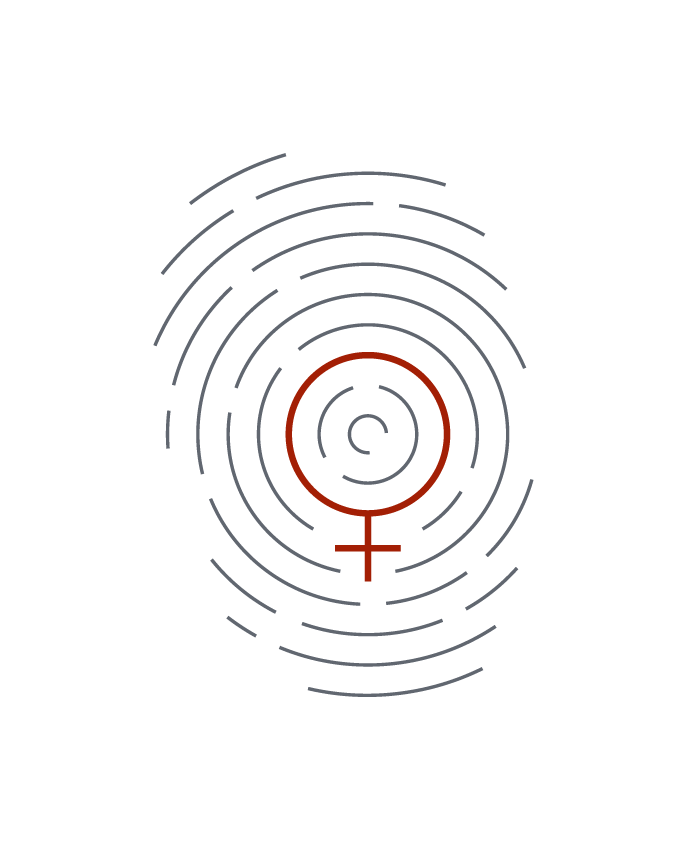Teams must include a law enforcement officer, prosecutor, and community-based advocate, with enthusiastic support from leadership. Other criminal justice system stakeholders, such as systems advocates, probation officers, and dispatchers, are also welcome to participate.
Yearly Cohort
Applications have closed for the 2026-2027 cohort teams.
EACH YEAR, THE INSTITUTE PROVIDES COORDINATED COMMUNITY RESPONSE SUPPORT TO RURAL COMMUNITIES.
Teams are generally notified in December if they have been selected to participate in the following year’s cohort, which begins in May.
Once a team is chosen, see the year-in-review below:
January-April: Community Needs Assessment
Before the official start of the cohort year, ICCR will visit each community to explore its strengths and needs. This site visit helps engage community stakeholders and ensures that ICCR provides the most customized support possible to each team.
Time Commitment: ICCR staff will be in the community conducting site visits for up to two days.

May: Cohort Kick-Off & Conference on Crimes Against Women (Dallas, TX)
Teams kick off their cohort year with a full day of in-person training at the Conference on Crimes Against Women in Dallas. Registration, travel, and lodging are included.
Time Commitment: Teams can participate in 3 ½ days of workshops taught by local and national experts.
June-November: Examine current systemic responses to domestic violence
During the first six months of the cohort year, teams work closely with ICCR staff and consultants from Praxis International. This will include survivor focus groups and a systemic review of adjudicated cases in the community. This piece is a structured, checklist-guided review that examines the impact of current policies and procedures on victims of domestic violence.
Time Commitment: Monthly two-hour meetings and monthly tasks not to exceed one hour.
December-May: Implement changes and grow CCR team
Once the review is complete, findings and recommendations are shared with relevant stakeholders and teams have the opportunity to grow their CCR. A plan of actionable items is then created to help teams get their CCR work off the ground.
In the last six months of the ICCR cohort year, teams are encouraged to choose one-two priorities to implement by May.
Time Commitment: Monthly meetings (may reduce to one hour) and about one hour of tasks.
During ICCR Year: Quarterly In-Person Trainings
ICCR will host up to four quarterly in-person trainings in each participating county throughout the cohort year. Topics and speakers are chosen with input from the team and based on current needs.
Time Commitment: 90 minutes up to four hours.

May: Cohort Wrap-Up at Conference on Crimes Against Women
The ICCR year officially ends at the Conference on Crimes Against Women in Dallas. There is some ICCR-specific programming during the conference, but teams are largely free to attend CCAW sessions and the pre-conference on Sunday. Registration, travel, and lodging is included.
Time Commitment: Teams can participate in 3 ½ days of workshops taught by local and national experts.
After ICCR Year: Ongoing Support
Upon completion of the ICCR cohort year, teams remain eligible for ongoing ICCR support including:
- Training for new CCR members
- Access to conferences: Past teams may be eligible to receive discounted registration for CCAW and the ICCR Virtual Annual Conference
**This project was supported by Grant No. 15JOVW-23-GK-05483-MUMU awarded by the Office on Violence Against Women, U.S. Department of Justice. The opinions, findings, conclusions, and recommendations expressed in this publication/program/exhibition are those of the author(s) and do not necessarily reflect the views of the U.S. Department of Justice.**